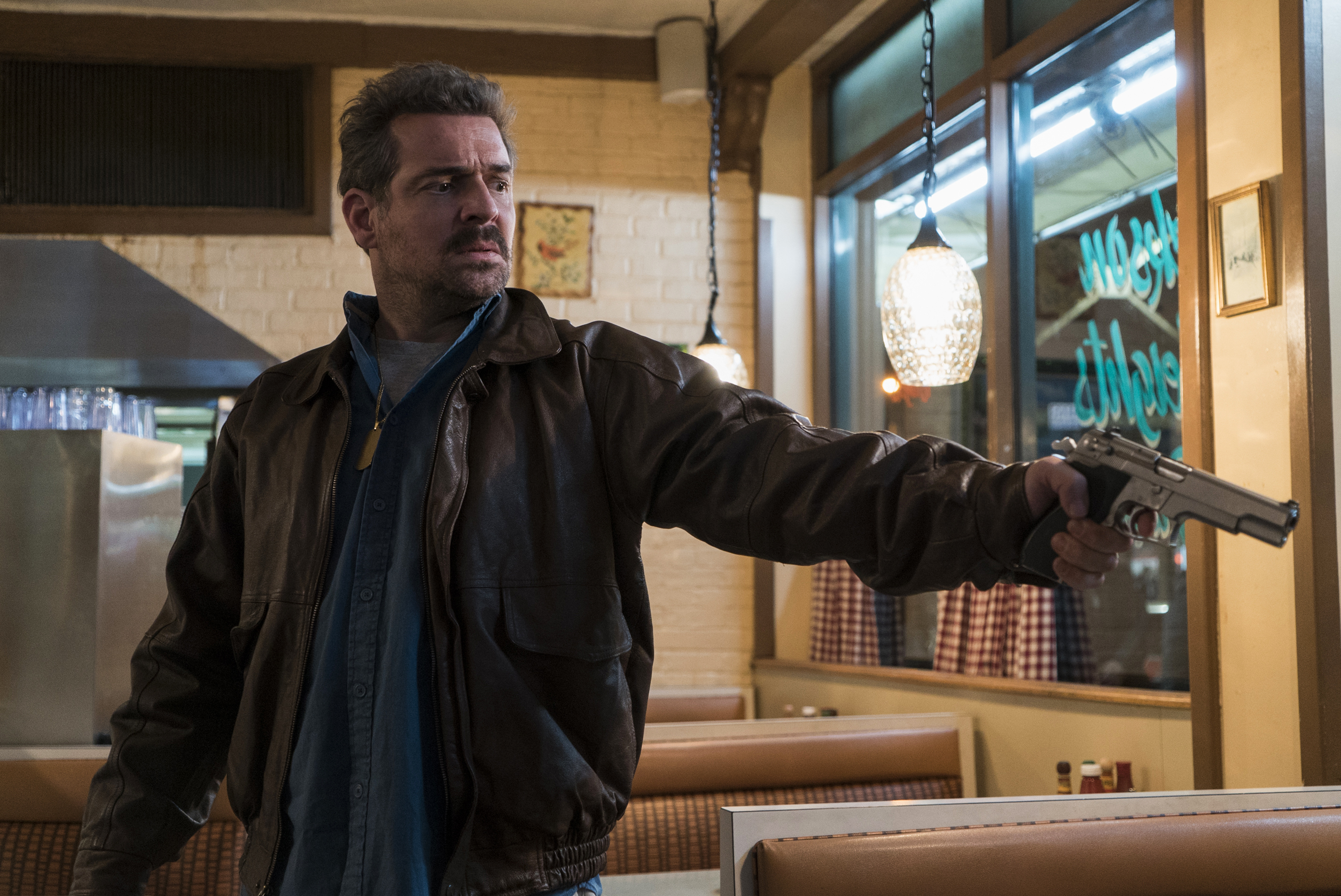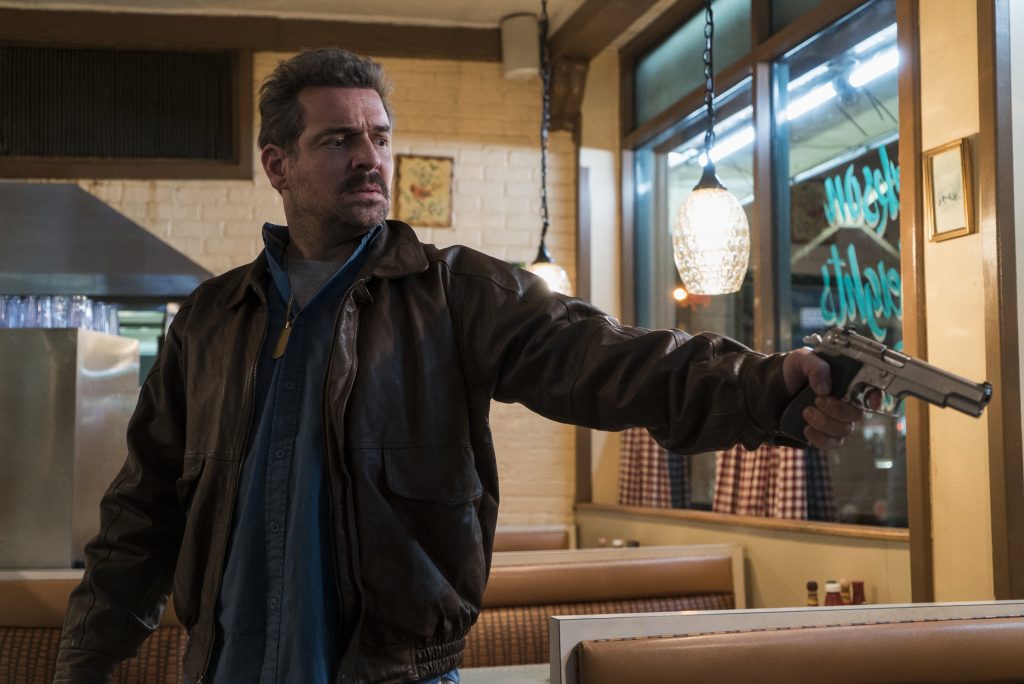Netflix’s banner series Narcos faces a challenge as it moves into its fourth season. Creatively, the drug trafficking series was able to overcome having killed its protagonist (Wagner Moura’s Pablo Escobar) by focusing on the Colombian Cali cartel in its third season. Rumor had it that the bilingual show would begin to explore, in its fourth season, the Juarez cartel in Mexico. That’s what led location scout Carlos Muñoz Portal to venture to Estado de Mexico (Mexico State) where he was found dead in his car on September 11. Details surrounding the 37 year-old’s death remain scarce.
“We are aware of the passing of Carlos Muñoz Portal, a well-respected location scout, and send our condolences to his family,” Netflix said in a statement. “The facts surrounding his death are still unknown as authorities continue to investigate.” All that’s known is that Muñoz Portal was by himself conducting what probably was routine scouting work when his car was targeted and shot. Speaking to El Pais, a friend suggested that his mere appearance as a stranger with a camera in tow, could have made him a suspicious interloper that was perceived as a threat. But given that the Redrum employee was on his own with seemingly no security detail, there’s little to go on to explain how Muñoz ended by the side of the road.
As Variety notes, the tragic death puts Netflix in a troubling position: “Muñoz’s murder raises doubts on whether the production will continue in Mexico or move back to Colombia where it began. Such a decision would imperil hundreds of jobs that the series’ production would have generated in Mexico.” These sentiments were echoed in local reports of the incident, with El Pais wondering whether the violent incident will adversely affect the ever-growing international shoots that have been taking place in Hollywood’s southern neighbor. In the past fifteen years, films like Man on Fire, Fast & Furious, Sicario, and Spectre (all of which Muñoz worked on) have turned to Mexico and helped position it yet again as a favorable destination for Hollywood films.
Now, that these films tend to use Mexico as a backdrop to tell stories about how violent, dangerous, and drug-riddled the country is as a whole is its own separate issue. After all, projects that openly sell themselves to American audiences about the “war on drugs” both shed light on stories that are worth sharing while also desensitizing audiences to the very real violence they’re representing. For viewers who thrill at watching the bloody tales that Narcos is telling from the comfort of their own homes, there’s a way the shootouts and deaths on screen feel all too remote. As if they were part not just a history, but of a history that always takes place elsewhere. But, as Muñoz’s death reminds us, the drug trade isn’t merely a colorful story to be told in film, but a continued real threat to many in Mexico (and Colombia). They live with it every day and don’t have the privilege to will the violence away with the click of a remote.




